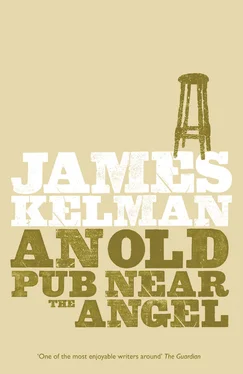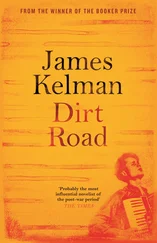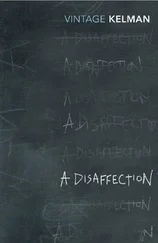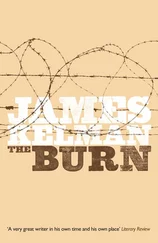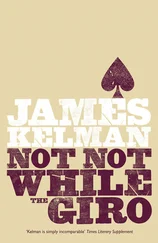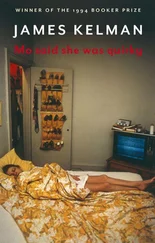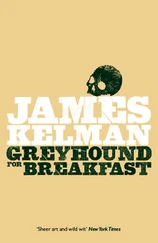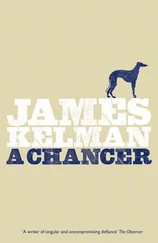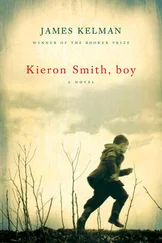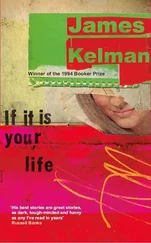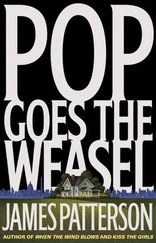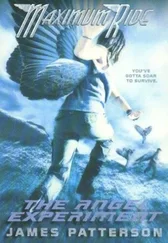Although he showed me the English teacher’s letter he did not give me it to keep. I speak from a distance of 35 years. She must have been hurt by something deeper than my five stories. Perhaps it was Philip’s response that provoked her. He was supposed to be an authority. She and others would have considered him a guardian not only of English Literature but of Standard English literary form. He could give that impression. He had the speech and mannerisms of a Cambridge professor. Yet Philip spent much of his boyhood in a working-class Yorkshire environment, and was Jewish. He knew how to assimilate: sometimes he did, other times not.
I had no experience of higher education and English Literature as a field of study but was used to discussing books and writers with various people in my various jobs since leaving school. Friends, family and workmates shared information. I read voraciously and wrote whenever possible. I never thought about my writing as part of anything. If it was I hoped it might include Albert Camus, Franz Kafka and Fyodor Dostoevski. I had read a great many English-language writers but none had made such impact.
After Philip’s class some of us walked down the road to the Rubaiyat Bar at the corner of Byres Road and University Avenue, to continue the conversation. It was a long way home but who cared about that. And I had company for much of the walk, a colleague from the class, John Roy, who was a poet and member of the Socialist Workers Party. I was always interested in horse racing. He was antagonised when I asked what happened to horse racing after the revolution. I thought it a fair question, he thought it frivolous. What has horse racing got to do with anything?
Ah well, nay S.W.P. for me. Sir Ivor, Vaguely Noble and Nijinsky had by then retired to stud but Mill Reef, My Swallow and Brigadier Gerard had exploded onto the scene. Heady days. Their exploits got me through many a weary shift.
In the Rubaiyat Bar Philip introduced us to a few of his acquaintances, including Donald Saunders, Alasdair Gray, Catriona Montgomery and Aonghas MacNeacail. Later he and Anne Stevenson would set up a small, independent writers’ group at their home, by invitation. The four writers mentioned came along. It took place on a Sunday evening and operated in a similar format to the Creative Writing class but was separate from it. Other participants were Chris Boyce, Angela Mullane and Angus McAllister. Tom Leonard and Liz Lochhead were friends of some who attended but they did not appear until later, and not on a regular basis. I did not know them or their work. Tom and his wife Sonya were living in London at that time. After a year or so the group faded and by then I had stopped attending the extra-mural class.
Robin Hamilton was another poet who went to Philip and Anne’s group. He wrote poetry and had connections with Eboracum , a literary magazine published by students at the University of York. On my behalf he submitted the story ‘Nice to be Nice’ for publication. It was accepted but caused the students a major headache. Their printer was a fundamentalist Christian who refused to print the magazine unless they withdrew my story. He said it was blasphemous and obscene, and tried to convince other York printers to reject the job. He succeeded with most but not all. The students stayed with the battle and eventually Eboracum was published, my story included.
‘Nice to be Nice’ was my earliest attempt at the literary or phonetic transcription of a speaking voice. It so happens that the voice belongs to a working-class man from Glasgow. The story is told in the ‘I-voice’, a first-person narrative. It was difficult to do. I spent ages working on it but learned much from the process.
It was one of the stories I later sent to Mary Gray Hughes. By then Philip Hobsbaum had passed her several. Early in 1972 she had visited the country from the U.S.A. She and Anne Stevenson had been close friends since student days. Both spent a year at Oxford. Anne and Philip held a wee night for her in their flat in Wilton Street. I talked to her the whole evening. I connected with her as a writer and it was an uncommon experience.
Mary Gray Hughes was a poet and short-story writer born in Brownsville, Texas, then living in Evanston, Illinois with her husband John, an economist. Her first collection of stories, The Thousand Springs (1971), had just been published by Constance Hunting’s Puckerbrush Press. Any writer who knew her work held her in esteem. When she returned to the U.S.A. she passed my stories on to Constance who took a chance on them. So that was how, in the spring of 1973, my first collection of stories came to be published in Orono, Maine.
Mary Gray and I communicated regularly, exchanged work, recommended writers. She commented on my early stories, and it was important to me, even if I disagreed with some of it. She was a real artist. She advised caution in my use of ‘dialect’, and warned me of the risk of alienating the reader. This was directed at the title story of my first collection, ‘An Old Pub Near the Angel’. But I saw in her comment that she had confused a piece of nonsense. At one point in the story the young central character, Charles, leaves the pub to buy a racing paper. When he returns he encounters an old lady at a table who ‘sucked her gums and smiled across at him, then looked up at the barman. “Goshtorafokelch,” she said.’
Mary Gray thought ‘Goshtorafokelch’ was a failed attempt at a localised London dialect. It was not. I meant it like it is. The old lady may or may not be a Londoner. What she says is indecipherable to Charles. Of more fascination to him is her ‘gums’, and that she is ‘around 90 years old’. By that time he has swallowed a couple of beers, in the process of spending his ill-gotten gains from a wrongful payout at his local broo. He has just come from signing on at the old unemployed register formerly located on Penton Street across from Chapel Market. I did many a weary trudge from there myself, then back to Calthorpe Street WC1. In earlier versions of that story I alternated between a first and third-person narrative. I did the same with ‘Abject Misery’ and ‘Dinner for Two’.
Mary Gray recommended I look at the work of Flannery O’Connor and Emily Brontë’s use of dialect in Wuthering Heights . Of course I had my own opinions about ‘dialect’ and in response to her comment on language I sent her ‘Nice to be Nice’. She replied, ‘Forget all I said about dialect. . you obviously know what you are doing better than anyone.’
In regard to my own stories I did feel that way. I was working my way through things. I never bothered about alienating readers, neither then nor now. The priority was to write the story properly. The readers could take care of themselves. There were a couple of editorial judgments made by Puckerbrush that I allowed. I felt it was good manners to allow something. Editing can become a negotiation between writer and editor. I am not in favour of that. Editing is necessary but negotiation can imply the presence of a third party: the marketing team. A couple of alterations I allowed through I later regretted, but only mildly.
My original intention in ‘Nice to be Nice’ was to use the phonetic transcription only for the narrative. I thought to apply Standard English form for the dialogue. It was an attempt to turn the traditional elitist assumption on its head. I was irritated by so-called working-class writers who wrote third-party narratives in Standard English then applied conventional ideas of phonetics whenever a working-class character was called upon to say a few words. When a middle-class character entered the dialogue all attempts at ‘phonetics’ disappeared; his or her lines were transcribed in standard form, leading to the extraordinary presumption that Standard English Literary Form is a literal transcription of Upper-Class Orature.
Читать дальше
